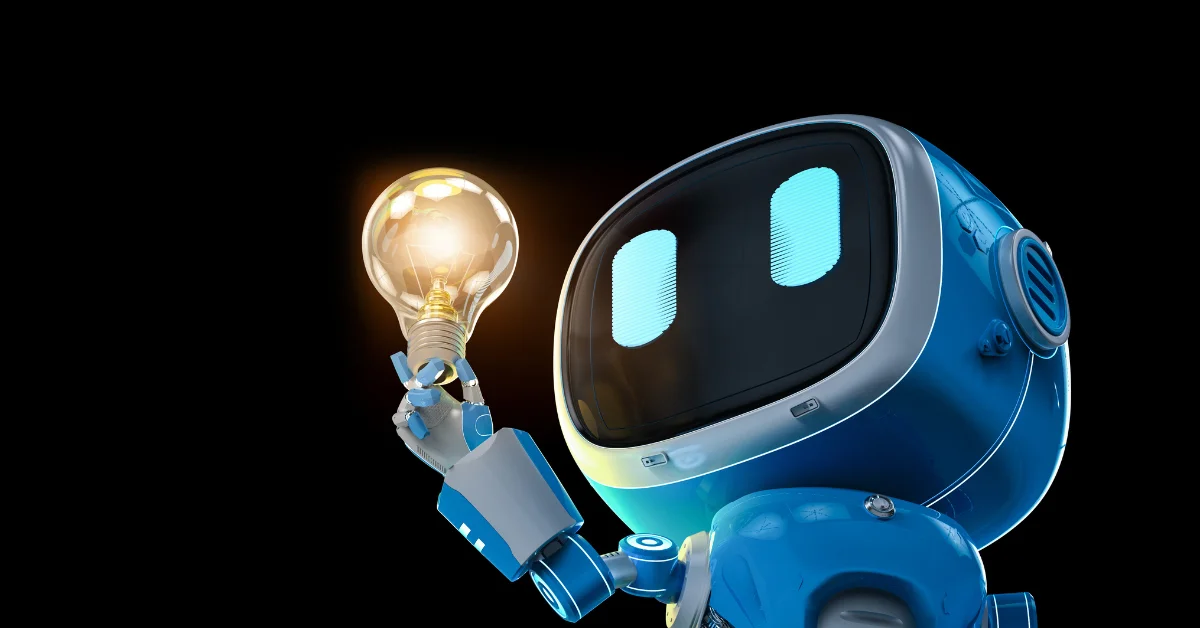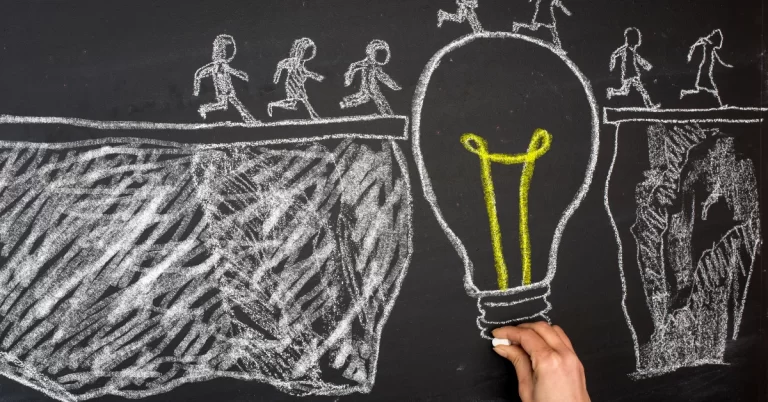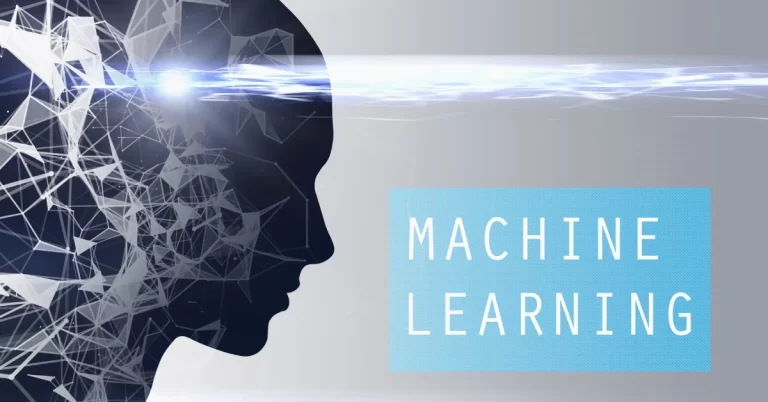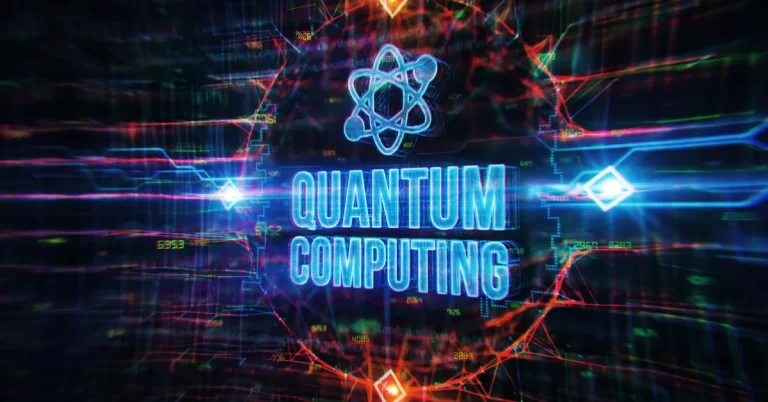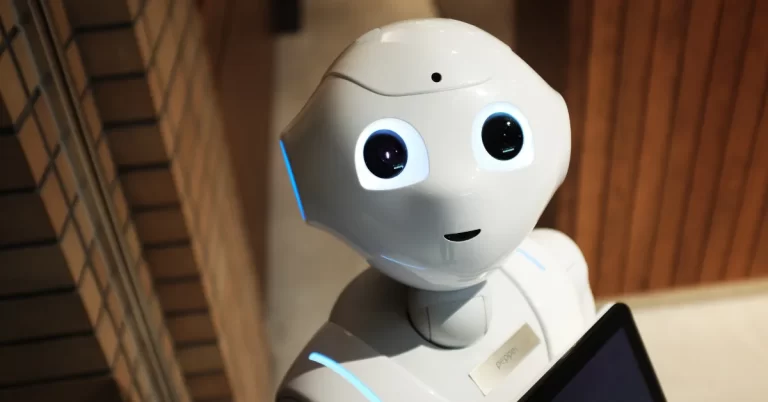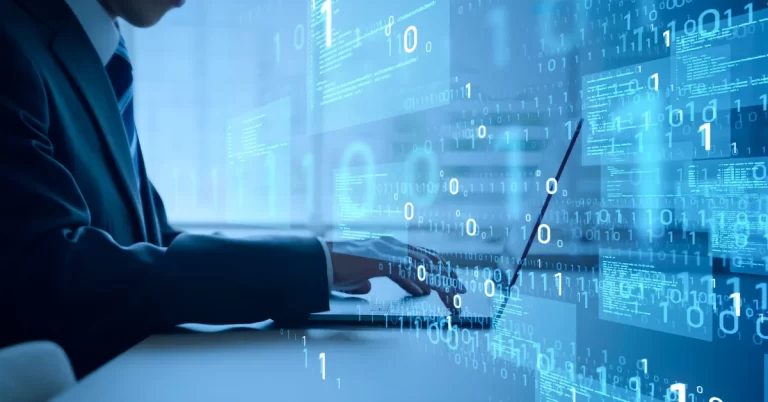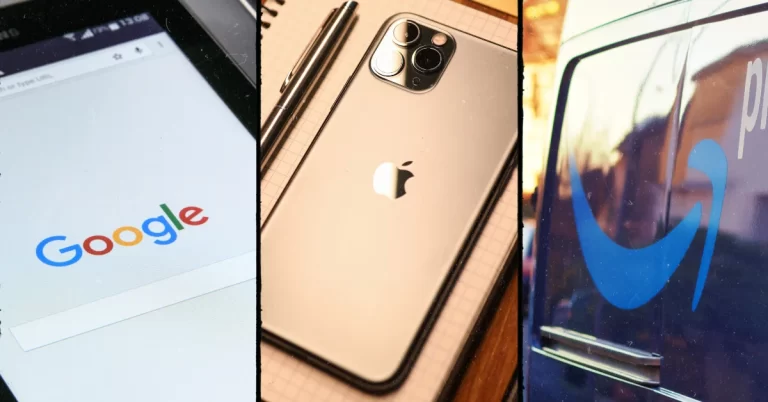Can AI Be an Inventor? The DABUS Case and Its Implications
Have you ever wondered if a machine could legally be considered an inventor? This isn’t just a hypothetical question from science fiction anymore. Right now, patent offices and courts worldwide are wrestling with this exact issue, and at the center of this groundbreaking legal battle is an AI system called DABUS.
The AI That Challenged the Patent System
DABUS (Device for the Autonomous Bootstrapping of Unified Sentience) is an artificial intelligence system developed by Dr. Stephen Thaler. Unlike many AI systems designed for specific tasks like playing chess or generating text, DABUS was created to independently generate new ideas through simulated neural networks that mimic human brain function.
In 2019, Dr. Thaler made headlines when he filed patent applications in multiple countries for two inventions allegedly created by DABUS:
- A food container with a unique fractal design that improves grip and heat transfer
- A flashing emergency light that uses neural-based patterns to capture attention more effectively
What made these applications revolutionary wasn’t the inventions themselves, but the fact that Thaler listed DABUS—not himself—as the inventor. He claimed that DABUS independently conceived these inventions with minimal human guidance, and therefore deserved recognition as their true inventor.
Global Patent Offices Respond to AI Inventorship
The patent applications triggered unprecedented legal debates in patent offices around the world. The fundamental question: Can an artificial intelligence system be legally recognized as an inventor?
United States Patent and Trademark Office (USPTO)
The USPTO firmly rejected the DABUS applications, stating that under current U.S. patent law, only “natural persons” can be inventors. The USPTO pointed to specific language in the patent statutes using terms like “whoever,” “himself,” and “herself,” indicating Congress intended inventors to be human beings.
In 2021, a federal judge in Virginia upheld this decision, writing that the Patent Act consistently refers to inventors as individuals and uses personal pronouns that don’t apply to machines. The case is now making its way through the appeals process.
European Patent Office (EPO)
The EPO similarly rejected the applications, ruling that under the European Patent Convention, an inventor must be a natural person with legal personality. The EPO’s Boards of Appeal upheld this decision in December 2021, confirming that AI systems cannot be named as inventors under current European patent law.
United Kingdom Intellectual Property Office (UKIPO)
The UK followed a similar path, with both the UKIPO and later the UK Court of Appeal concluding that inventors must be human beings. Lord Justice Arnold specifically noted that “only a person can have rights. A machine cannot.”
Australia: A Brief Victory Reversed
In Australia, there was a brief moment when it seemed DABUS might succeed. In July 2021, Federal Court Justice Jonathan Beach ruled that AI systems could be inventors under Australian patent law. However, this victory was short-lived—the Full Federal Court overturned this decision on appeal in April 2022, bringing Australia in line with other jurisdictions.
South Africa: The Exception
Interestingly, South Africa became the first and (so far) only country to grant a patent with DABUS listed as the inventor. This decision has been somewhat downplayed by legal experts who note that South Africa has a non-examining patent system, meaning patents are often granted without substantive review.
Why the DABUS Case Matters for Innovation
The implications of the DABUS case extend far beyond a simple legal technicality. As AI systems become increasingly sophisticated and autonomous, their role in the innovation process raises profound questions:
The Potential Innovation Gap
If AI systems can create patentable inventions but can’t receive patents, who should own these innovations? In cases where the AI’s contribution is substantial and the human’s role is minimal, there could be situations where valuable innovations fall into a protection gap—not clearly attributable to human inventors in a way that satisfies current patent requirements.
Economic and Investment Considerations
Companies investing millions in AI research and development want assurance that resulting innovations can be protected. Without clear paths to patent protection for AI-generated inventions, businesses might be reluctant to invest in certain AI applications, potentially slowing technological progress.
Redefining Inventorship for the AI Era
The case forces us to reconsider fundamental concepts of inventorship. What constitutes the “inventive step” when an AI system identifies a novel solution? Is the programmer who created the AI the inventor? The user who provided the parameters? Or could it be the AI itself?
The Human Element in Innovation
There’s also a philosophical dimension to this debate. Patent systems worldwide were created to incentivize and reward human creativity and ingenuity. Extending inventor status to machines would represent a significant shift in this longstanding principle.
Current Practical Approaches
While the legal battles continue, companies and researchers using AI for innovation have developed several workarounds within the current legal framework:
Human Collaboration Documentation
Many organizations carefully document how humans direct, contribute to, and refine AI-generated innovations. By clearly establishing the human contribution, they ensure patent applications meet current inventorship requirements.
Naming Human Contributors
The most common approach is simply naming the humans involved—programmers, data scientists, subject matter experts—as the inventors, even when AI played a significant role. This approach satisfies legal requirements but may not accurately reflect the innovation process.
Alternative Protection Strategies
Some companies are relying more heavily on trade secret protection for AI-generated innovations, avoiding the inventorship question entirely by keeping the innovations confidential rather than seeking patents.
The Path Forward: Potential Solutions
As AI technology continues to advance, legal systems worldwide will need to adapt. Several potential approaches have been proposed:
Redefining “Inventor”
Legislators could amend patent laws to expand the definition of “inventor” to include AI systems in certain circumstances, while assigning ownership rights to humans (like the AI creator or owner).
Creating New IP Categories
Some legal scholars suggest creating entirely new categories of intellectual property rights specifically designed for AI-generated innovations—rights that wouldn’t require human inventorship.
Work-for-Hire Model
Another approach would be to treat AI-generated inventions similar to work-for-hire in copyright law, where the AI’s owner would automatically own any innovations it creates.
The Bigger Picture: AI and Intellectual Property
The DABUS case represents just one aspect of AI’s impact on intellectual property. AI systems are also creating art, music, and literature, challenging copyright systems in similar ways. These developments collectively suggest we’re entering a new era in intellectual property law—one that will require creative legal solutions to address machine creativity.
Patent systems have adapted to technological changes throughout history—from the industrial revolution to software and biotechnology. The AI revolution will likely drive the next major evolution in patent law, though the pace of legal change typically lags behind technological advancement.
Moving Forward in an AI-Powered World
The debate around AI inventorship highlights a fundamental tension in our rapidly evolving technological landscape. Our legal systems were designed with human creators in mind, yet we’re increasingly working alongside machines capable of creative and innovative outputs.
As a patent professional with experience in both AI technology and patent law, I believe we’re witnessing a pivotal moment in the evolution of our innovation ecosystem. The questions raised by DABUS will ultimately require thoughtful resolution that balances technological advancement with the human-centered purposes of the patent system.
What’s your take on this issue? Should AI systems be recognized as inventors, or should we maintain the human-only approach to inventorship? The conversation around AI and inventorship is just beginning, and your perspective matters in shaping the future of innovation.
This article represents my professional perspective as a patent agent with both technical AI expertise and patent law experience. Patent law is complex and constantly evolving. For specific legal advice about your inventions or AI-related intellectual property matters, always consult with a registered patent attorney or agent.
